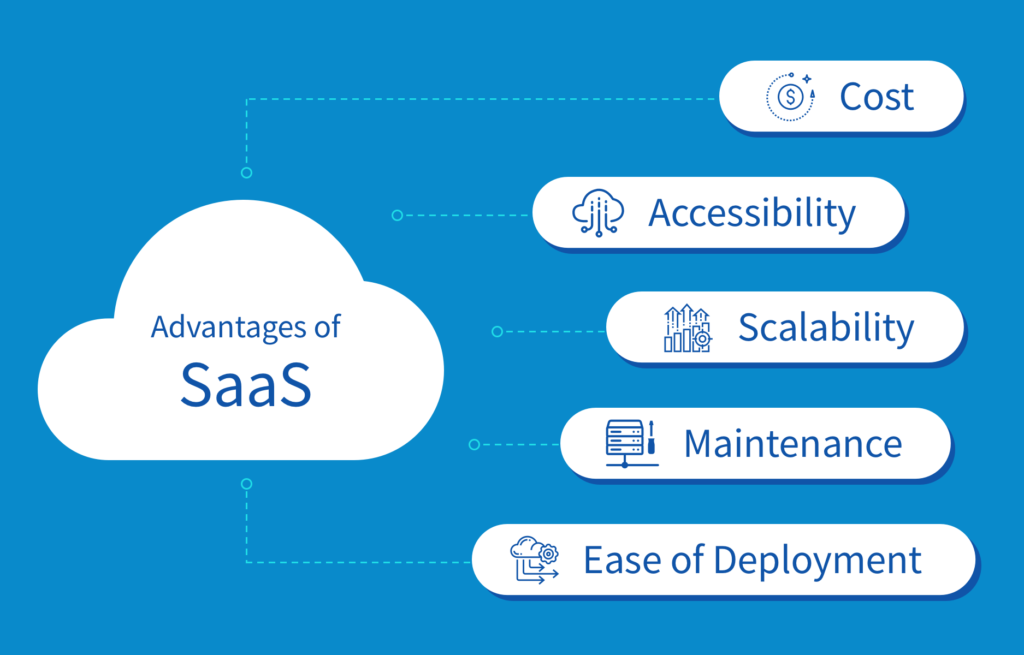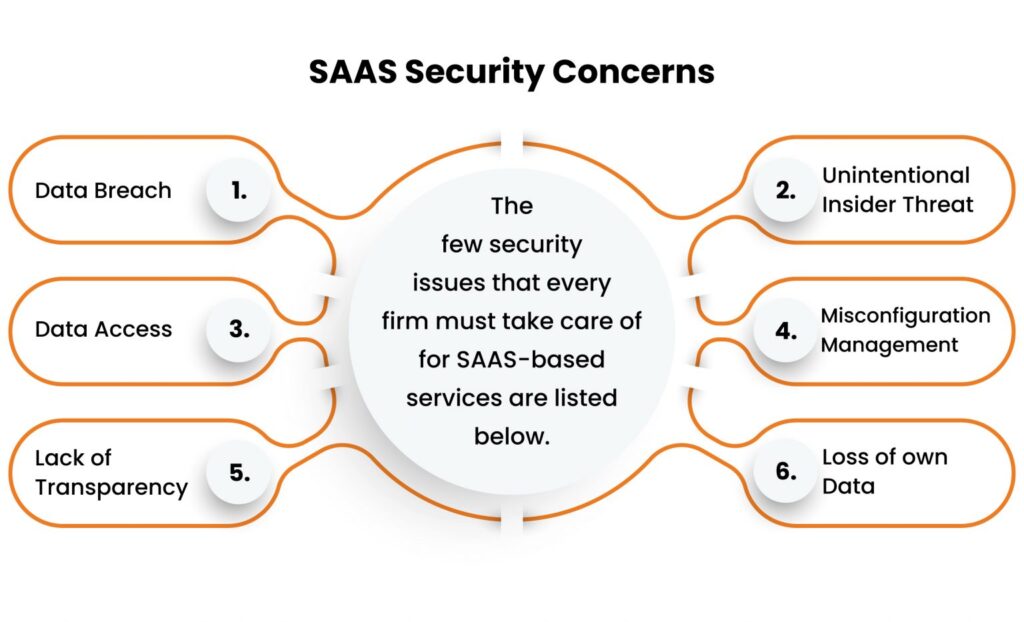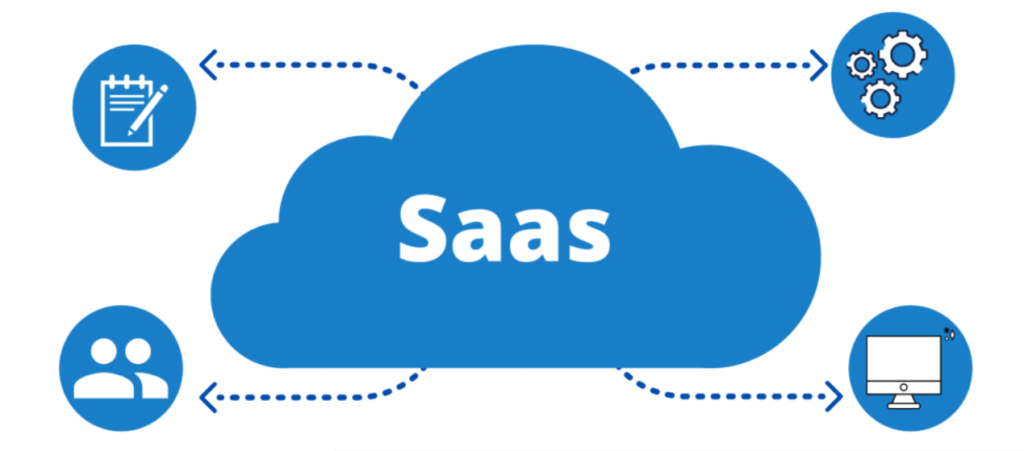Software as a Service (SaaS) has revolutionized the way businesses operate in the digital age. Rather than buying and installing software on individual devices, companies can now access applications and services over the internet, using a subscription model. This means that businesses can reduce the upfront cost of software, and benefit from automatic updates, easy scalability, and remote access.
SaaS has become an increasingly popular model in recent years, and it’s not hard to see why. In this blog, we’ll explore the benefits of SaaS and why it has become the preferred choice for many businesses.
Advantages of Saas

Flexibility
One of the key advantages of SaaS is its flexibility. Unlike traditional software, which needs to be installed and configured on each device, SaaS applications can be accessed from anywhere with an internet connection. This means that employees can work from home, on the go, or in the office, without any restrictions on the devices they use. It also means that companies can quickly scale up or down, depending on their needs, without having to worry about hardware or software constraints.
Automatic updates
Another advantage of SaaS is its automatic updates. Rather than having to manually install updates or new versions of software, SaaS providers can push updates to all users simultaneously. This means that businesses can benefit from the latest features and security enhancements without any additional effort or cost.
Secure
SaaS also offers greater security than traditional software. Because SaaS providers are responsible for securing the infrastructure and applications they provide, businesses don’t need to worry about managing complex security systems or ensuring compliance with regulations. This can be especially beneficial for small or medium-sized businesses that may not have the resources to manage their own security.
Cost Effective
In addition to these benefits, SaaS can also help businesses save money. Because there are no upfront costs for software or hardware, businesses can reduce their initial investment and focus on other areas of their operation. Additionally, because SaaS providers typically charge on a subscription basis, businesses can more accurately predict their ongoing costs and avoid unexpected expenses.
Agility and Innovation
SaaS also provides businesses with greater agility and innovation. Because SaaS providers are constantly updating and improving their services, businesses can benefit from the latest innovations and stay ahead of their competitors. This can be especially important in fast-moving industries where innovation is key to success.
Challenges of SaaS

However, it’s important to note that SaaS isn’t a perfect solution for every business. Some businesses may have unique requirements that can’t be met by off-the-shelf SaaS solutions. Additionally, businesses that deal with sensitive data may have concerns about data privacy and security when using SaaS applications.
Remedies
To overcome these challenges, businesses can work with SaaS providers to customize their solutions or integrate them with other software and systems. Additionally, businesses can take steps to ensure that their data is secure, such as choosing SaaS providers with strong security measures in place and using encryption and access controls to protect sensitive data.
Companies that benefit most from implementing SaaS:

SaaS can be a great option for a wide variety of companies, but there are certain types of businesses that can particularly benefit from this software delivery model. Here are some examples of companies that may be well-suited for SaaS:
Start-ups and small businesses:
SaaS can be an excellent option for start-ups and small businesses, as it offers a cost-effective and flexible way to access the software and services they need to grow. With SaaS, small businesses can avoid expensive hardware and software installations and instead pay a monthly or yearly fee for access to a service that is hosted in the cloud. This can help start-ups and small businesses to save money and focus on their core competencies.
Businesses with distributed teams:
SaaS can be particularly advantageous for businesses with distributed teams or those with employees who work in different locations. With SaaS, employees can access software applications and services from anywhere with an internet connection, which can help to improve collaboration and productivity.
Companies with variable or seasonal demand:
SaaS can be a great option for companies that experience variable or seasonal demand. With SaaS, businesses can easily scale up or down based on their changing needs without worrying about hardware or software constraints. This can help businesses to avoid over-provisioning or under-provisioning their IT resources and ensure that they are only paying for what they need.
Businesses that require frequent updates or upgrades:
SaaS can be a great option for businesses that require frequent updates or upgrades to their software. With SaaS, providers can push updates to all users simultaneously, ensuring that everyone is using the latest version of the software. This can help businesses to stay ahead of the curve and benefit from the latest features, functionality, and security enhancements.
Best time to Implement Saas
As for when to implement SaaS, the best time will depend on the specific needs and circumstances of the business. However, some common scenarios where implementing SaaS may be appropriate include:
- When a business needs to access new software or services quickly: SaaS can be a great option for businesses that need to access new software or services quickly. With SaaS, businesses can sign up for a service and start using it immediately, without the need for lengthy installations or configurations.
- When a business wants to reduce upfront costs: SaaS can be a cost-effective option for businesses that want to reduce their upfront costs. With SaaS, there are no upfront costs for hardware or software, which can help businesses to save money and invest in other areas of their operation.
- When a business wants to improve flexibility and scalability: SaaS can be an excellent option for businesses that want to improve their flexibility and scalability. With SaaS, businesses can access software applications and services from anywhere with an internet connection, and easily scale up or down based on their changing needs.
- When a business wants to improve security and compliance: SaaS can be a great option for businesses that want to improve their security and compliance. With SaaS, providers are responsible for securing the infrastructure and applications they provide, which can help businesses to reduce their risk and ensure compliance with relevant regulations.
Conclusion
SaaS has become a popular choice for businesses of all sizes, offering flexibility, automatic updates, security, cost savings, agility, and innovation. While it may not be the right solution for every business, it’s clear that SaaS has transformed the way companies access and use software and will continue to play a critical role in the digital economy.
As the world becomes more connected, and as businesses continue to operate in an increasingly globalized and competitive marketplace, SaaS will continue to evolve and offer new and exciting benefits to businesses of all kinds. Whether you’re a small business just starting out or a large enterprise looking to streamline your operations and stay ahead of the curve, SaaS is a powerful tool that can help you achieve your goals and drive success in the digital age.

